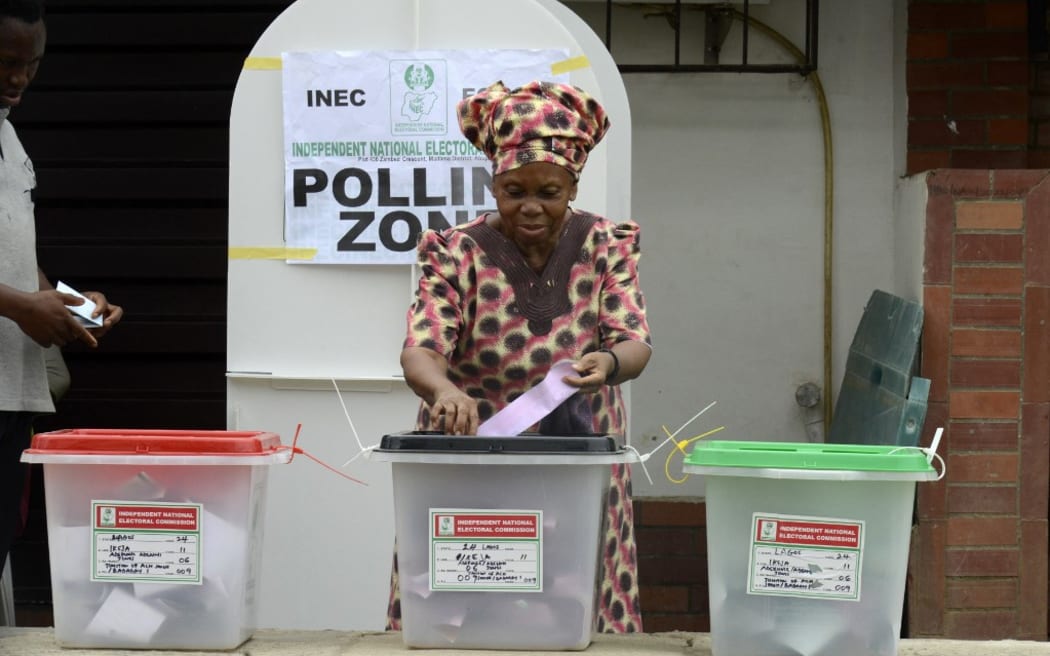
While national elections often capture the spotlight, it’s the local government council elections that resonate most directly with the daily lives of citizens. These elections, although sometimes overshadowed by their national counterparts, play a critical role in shaping the governance at the grassroots level. This blog post delves into the multifaceted significance of local government council elections and their impact on communities.
The Immediate Impact of Local Governance
Local government council elections are more than just a democratic exercise; they determine the leadership that will directly influence community development, infrastructure, education, health services, and local economic policies. The elected local councils are the first line of governance, directly interacting with and responding to the needs of the community. Their decisions often have immediate and tangible impacts on the lives of residents.
Strengthening Democratic Foundations
Local elections are fundamental to strengthening the foundations of democracy. They serve as an important training ground for political participation, both for voters and for those aspiring to higher political offices. Participation in local government elections encourages civic engagement and fosters a sense of ownership and responsibility among citizens towards their community.
Reflecting Local Needs and Priorities
Local government council elections provide an opportunity for the specific needs and priorities of a community to be represented. Unlike national elections, local elections are more intimately connected with the everyday experiences of the electorate, allowing for a more focused approach to addressing local issues and concerns.
Challenges and Opportunities for Transparency
Local government elections can sometimes be marred by challenges such as limited resources, lower voter turnout, and issues of transparency and accountability. Addressing these challenges presents an opportunity to strengthen electoral processes and governance at all levels. Ensuring fair, transparent, and inclusive local elections is key to building trust in the democratic process.
Empowering Marginalized Communities
These elections play a pivotal role in empowering marginalized and underrepresented communities. By focusing on local governance, there is a greater opportunity for diverse voices to be heard and for inclusive policies that cater to all segments of the community.
The Role of Civil Society and Community Engagement
Civil society organizations and community groups have a crucial role in promoting awareness, participation, and accountability in local government elections. Their efforts in voter education, election monitoring, and advocacy for fair practices are essential for enhancing the democratic quality of these elections.
Local government council elections are a vital component of the democratic process, with far-reaching implications beyond the polls. They are a key determinant of how effectively communities are governed and how responsive this governance is to the needs of the people. Recognizing and participating in these elections is crucial for ensuring robust, inclusive, and effective local governance.
